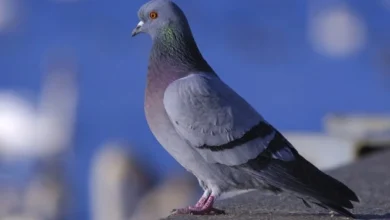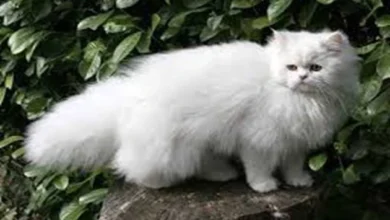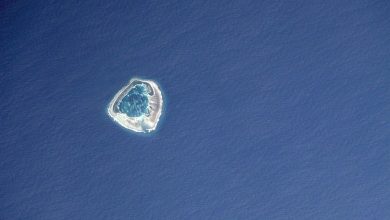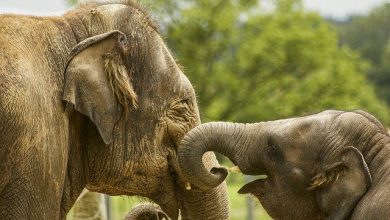Worm-like organism is ancestor of virtually all animals, including humans
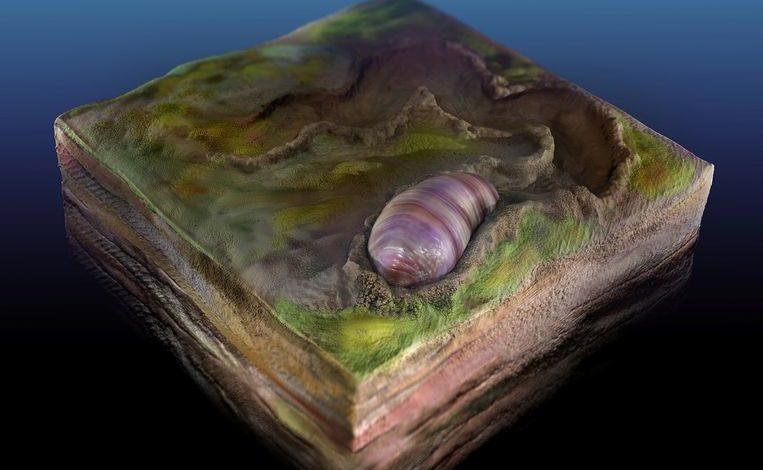
As small as a grain of rice is the organism that a new study considers being the earliest ancestor of the animal kingdom found so far. Ikaria wariootia is the scientific name of this worm-like fossil that is about 555 million years old.
The pedigree of humans and most animals go back to a kind of worm, according to the research of a worm-like creature 555 million years old. It is undoubtedly the oldest example of a fossil of bilateria for the time being. Bilateria is part of the sub-kingdom of the animals to which almost all animals belong. Sponges and cnidarians are the best-known species that are not bilateria.
Bilateria are animals with a front and back, two symmetrical sides, and openings at both ends that are connected via an intestinal tract. According to the scientists of the study published in the journal PNAS, the development of bilateral symmetry was a crucial step in the evolution of animal life. Organisms could, therefore, move purposefully. It also provided them with a conventional yet successful way of organizing their bodies. From worms to insects, from dinosaurs to humans: a vast number of animals are characterized by the same basic plan for bilateral bodies.
Rock holes
The organism Ikaria wariootia lived in the Ediacarium, the geological era in which life became multicellular and complex, 555 million years ago. The discovery of the worm-like organism followed that of small burrows found 15 years ago in rocks in Nilpena, South Australia. Scientists suspected that they were traces of bilateria, but found no presence of creatures in the old deposits.
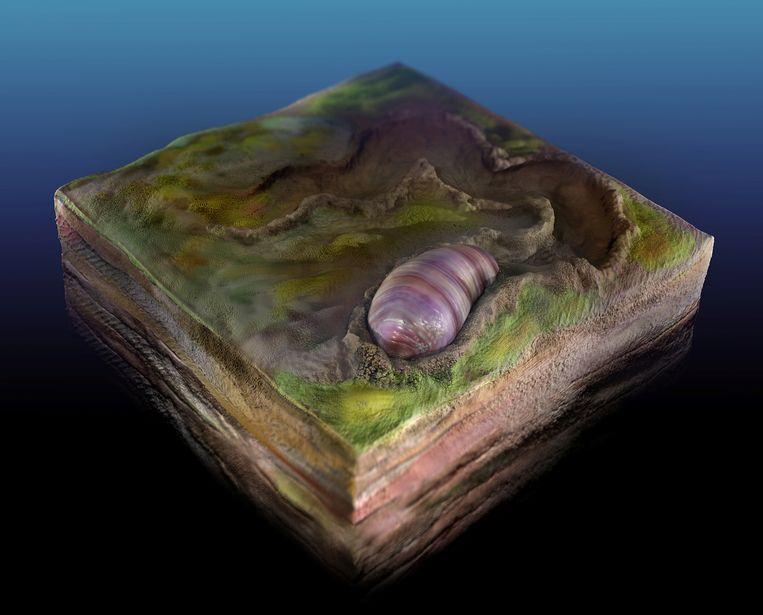
Only recently, researchers Scott Evans and Mary Droser discovered tiny oval impressions at some holes. Three-dimensional laser scanning revealed a regular, consistent shape of a cylindrical body with a clear head and tail and a slightly grooved musculature.
Seabed
Ikaria wariootia was between 2 and 7mm long and 1 to 2.5mm wide. The largest oval fit perfectly for creating the holes that were discovered earlier. Ikaria wariootia probably spent his life digging through layers of sand on the ocean floor in search of organic material to feed on.

